The definition of the word CRITIC, from the Merriam-Webster Dictionary, seems simple and sensible. To me, however, it’s the most complicated of the 8 roles of Theatrical Intelligence.
When I speak about the roles of Theatrical Intelligence, I always introduce the Critic last. Why? It’s the final role in the collaborative sequence, and… well, I want to delay the inevitable groans: “No-o-o! How could you? Critics? What do they know?!”
It’s tricky to think of critics as part of the collaborative art form that is the theatre. They are in a position to champion or kill a play, a performance, or an entire production. They don’t work directly with the other 7 roles, so it doesn’t feel like collaborators. But they are. In fact (depending on the phase of development) their objectivity is essential to the success of the project.
Many years ago when I worked as an actor, I remembered every bad review I ever received. Verbatim. Everyone did. It seemed to be an occupational hazard to remember the awful ones and forget the raves. My theory for this (and I’m not alone) is that no one can be as harsh a critic about me as I am about myself, so whatever is written by a critic is already imprinted on my brain.
Once, a notoriously mean-spirited critic compared a performance of mine to an electric blender. Yes, you read that right. My friends thought it was a hilarious achievement and therefore a wonderful notice, but I thought I’d never get over it.
Recently I decided to re-read my theatrical notices, figuring that 20 years would give me enough distance to gain some objectivity. It did. I admit that the blender paragraph still stung a bit, but most revealing was that I had no memory of the good reviews. It was as if I was reading love letters that I’d never received, yet I knew I’d read every one of them. Selective amnesia. A theatrical phenomenon.
The insightful quotations below are from ten stellar theatre critics who reflect on their profession:
1. “There is no joy so great as that of reporting that a good play has come to town.”
********
*********
2. “In the arts, the critic is the only independent source of information. The rest is advertising.”
****************
***************
3. “It is not a reviewer’s business to “sell” plays, but surely it is a playwright’s business not to write plays in such a way that the barest, most gingerly mention of the plot material in a review will kill the play dead on the spot.”
*************************
**************************
4. “A good drama critic is one who perceives what is happening in the theatre of his time. A great drama critic also perceives what is not happening.”
********************
********************
5. “I don’t believe arts criticism is itself art. But that doesn’t mean it is without its own merits… criticism (and even reviews, if you choose to make that distinction) offers a record of how our civilization responded to the arts. Theater critics are not theater artists, but we are recorded proof that theater mattered, and for me, that’s more than enough.”
*********************
*********************
6. “To be a good critic, you need to hustle and be curious and scrap and think harder in a short period of time than anyone else about these plays. You need to be stubborn in your convictions and firm in the idea that the crowd is not always right.”
**************************
**************************
7. I subscribe strongly to the idea that all criticism should be constructive. You’re not in the business of tearing people down. Part of your responsibility as a critic is being a consumer advocate. You have to make judgments as to whether a show is something people want to spend their money on.”
************************
************************
8. “The critic has to educate the public; the artist has to educate the critic.”
**********************
*********************
9. “Don’t pay any attention to what they write about you. Just measure it in inches.”
**********************
**********************
10. “The most wonderful street in the universe is Broadway. It is a world within itself. High and low, rich and poor, pass along at a rate peculiar to New York, and positively bewildering to a stranger.”
These critics are collaborators. And I think I may just love every one of them.
*********************
*********************
Photo Credits: Thumbs Up/Down: USA Today Design; Atkinson:ONB/Wein; Kael: Chris Carroll; Kerr: The New York Times; Tynan: Stuart Heydinger/The Observer; Rosenfield: Ms. Rosenfield; Hurwitt: San Francisco Chronicle; Zinoman: Splitsider; Wilde: Napoleon Sarony; Warhol: Susan Greenwood/Getty Images; Rich: CNBC


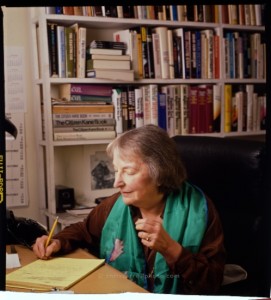
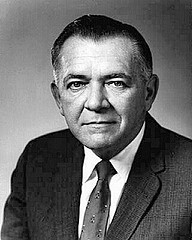


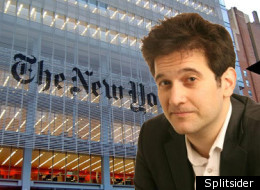

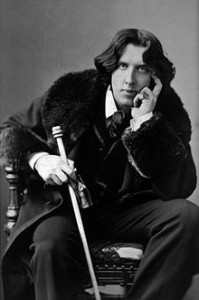
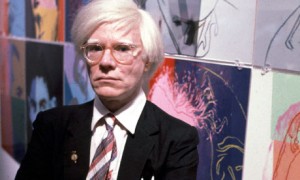
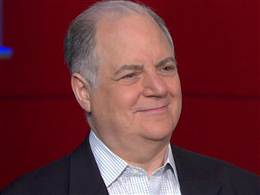
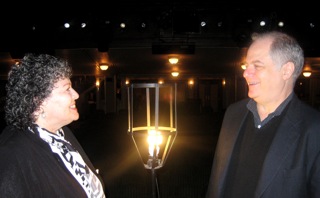

Recent Blog Comments